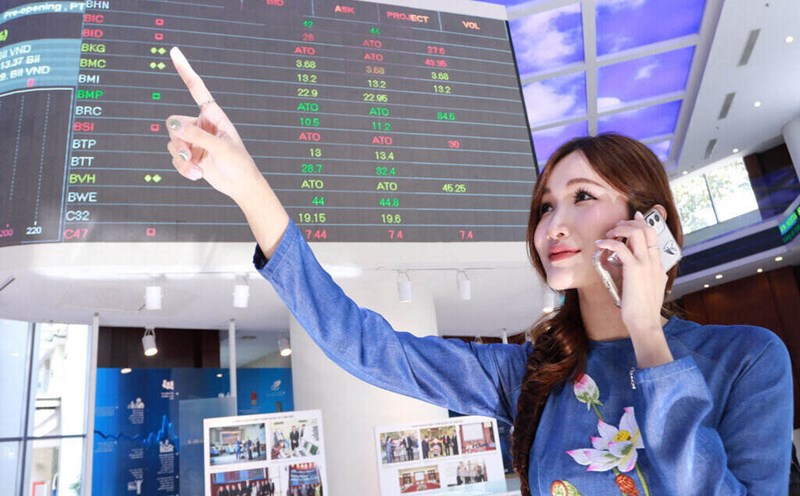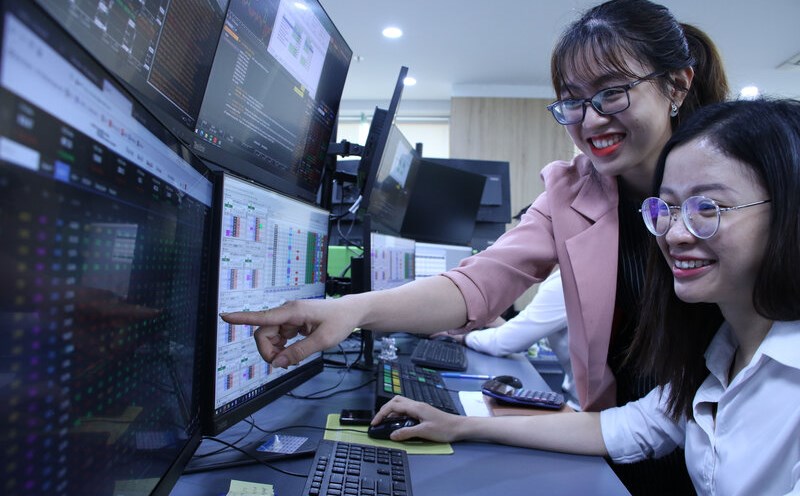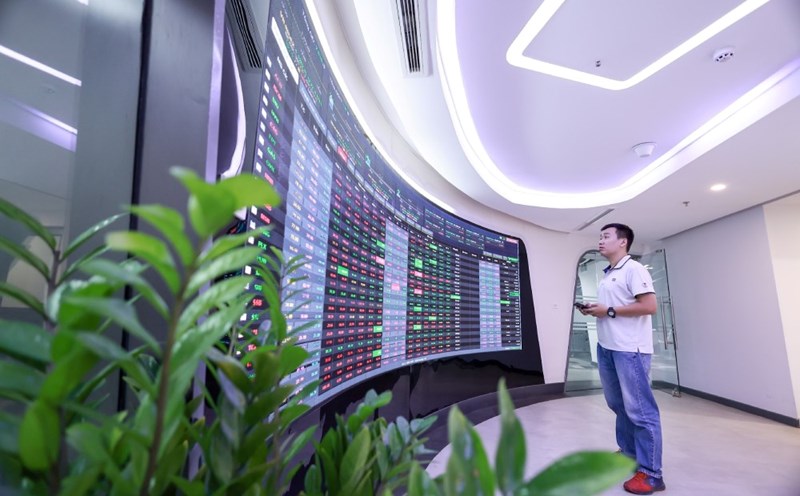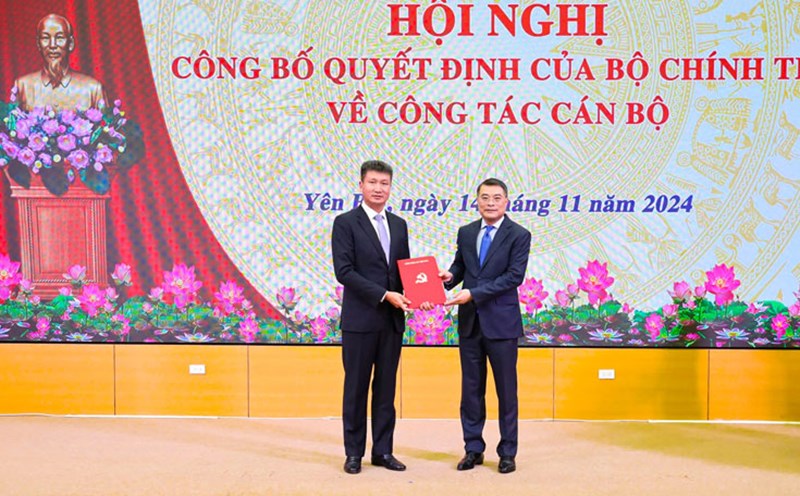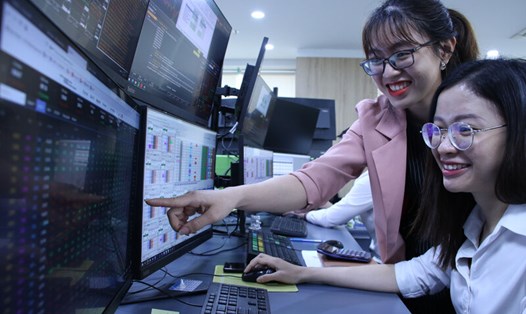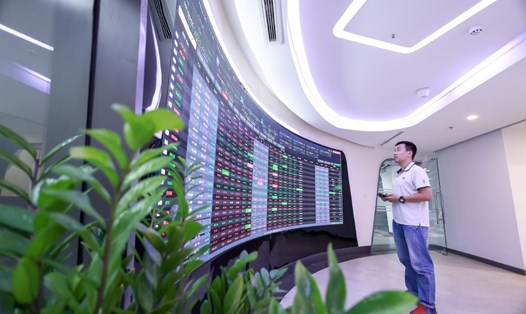Starting with a sharp decline at the beginning of the week, the index quickly recovered quite well when the results of the US presidential election were released. However, this excitement could not be maintained for long when the current cash flow was too weak. This caused a significant obstacle to the market's recovery.
The market is also under great pressure from foreign investors who have shown no signs of cooling down and continue to push to sell off their stocks. Statistics from last week show that foreign investors continued to net sell more than VND3,600 billion on both exchanges this week. Of which, foreign investors net sold more than VND3,400 billion on the HOSE and net sold more than VND151 billion on the HNX.
Cash flow shortage amid limited support from domestic individual investors as they had to absorb a large amount of selling supply from foreign investors. Overall, domestic individual investors net bought a total of VND4,100 billion in October and more than VND71,000 billion since the beginning of the year.
In November, the stock market is likely to remain volatile, due to the influence of many external and domestic factors. The fact that the market has not been able to surpass the 1,300-point threshold many times during the year clearly reflects the internal difficulties of the economy, the impact of exchange rates, bottlenecks in the real estate market, the corporate bond market, and barriers to the market upgrade process...
Several factors can be considered positive factors supporting the market in the coming period. In particular, the estimated one-year valuation of VN-Index decreased slightly to 11.9 times at the end of October compared to 12.1 times at the beginning of October. This shows that the market is under downward pressure and has not reflected many positive changes in the results of Q3/2024.
Third quarter profit growth continued to expand across many sectors, with many sectors achieving high growth rates of over 30%. In addition, Circular 68 and amendments to the Securities Law have raised expectations that foreign investment funds may consider increasing their proportion in Vietnam.
In the coming time, the State Bank may also keep the operating interest rate unchanged and, if necessary, intervene through OMO and treasury bills to control exchange rate fluctuations.
Credit growth will improve at the end of the year and maintaining exchange rate stability is what we will focus on so that we can think about a "soft landing" scenario at the end of the year. There may not be any big surprises other than the expectation that in the coming period, a year 2025 with many good opportunities will be the driving force for the stock market.
Overall, the market may be volatile in the short term, but this is also an opportunity to buy potential stocks at reasonable prices to build a long-term investment portfolio.
The stock market has confirmed that the short-term bottom is at 1,240-1,250 points, liquidity is low, investor sentiment fluctuates during "quiet" periods, the market will form a correction bottom and recover. VN-Index is likely to fluctuate upwards again at least around the 1,260-1,270 point area.
The market may recover next week, with differentiation between stock groups, especially small and medium-cap stocks, which may continue to attract cash flow and have more positive developments in the coming trading week. In the short term, if the VN-Index surpasses 1,267 points, the short-term trend may confirm an increase.
Investors should prioritize businesses with strong and sustainable profit growth, as this is expected to be the main factor driving stock prices in 2024 and 2025.

